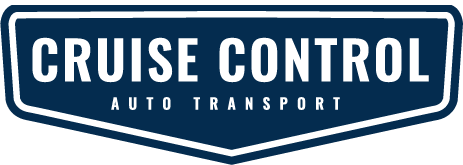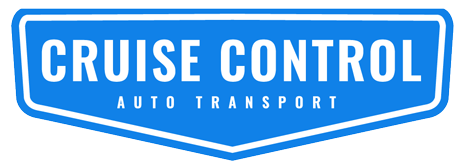Below is a glossary of common auto transport terms and their meanings. There are a lot of different terms in the auto shipping industry that some people may not be fully aware of their meaning, so we’ve compiled a handy list of terms that you can peruse and read more about so you have a better understanding of how the auto shipping industry works.
Open carrier/Open transport: Open carriers are the most common carriers on the road. Typically an open carrier can haul anywhere from 7-10 vehicles, depending on its size.
Enclosed carrier/Enclosed transport: Less common than open carriers, enclosed carriers are ideal for transporting rare, expensive or valuable vehicles that need to be protected from inclement weather and road hazards. It is more expensive than open but is worth the price if your vehicle is.
FMCSA: Short for the Federal Motor Carrier Safety Administration, the main regulating body governing the auto transport industry.
Bill of Lading (BOL): The Bill of Lading is your receipt for your vehicle and the contract for its shipment. You should always read and fully understand the BOL before signing it, and the driver will have you sign off an inspection report for your vehicle, which is included in the Bill of Lading.
Cash on Delivery (COD): One of the primary methods for paying for your auto transportation. Cash on delivery payments are made via cash, cashier’s check or money order, payable to the driver or carrier company, upon delivery. Cash on pickup (COP) works much the same way, except payment is made on pickup and not delivery.
Bonded: When a company is “bonded” it means that they have what is known as a performance bond. Auto transport brokers are required by the FMCSA to be bonded before they can be licensed to transport vehicles. The bond is given to assure that the broker properly pays the carrier for any orders that they have accepted payment from customers for.
Broker: A broker, or auto transport brokerage, is a company that finds carriers for customers who are looking to transport their vehicle. Brokers are the main contact for most carriers and customers as they facilitate communication between the carrier and the customer. Carriers do not have time to talk to customers all day, every day, so they rely on brokers to find them freight. You should try and book with a broker to save time and money on your shipment.
Carrier: A car carrier, or carrier, is a specialized trailer that is built to haul vehicles from one location to another.
Driveaway Service: A special type of transportation where an individual drives your vehicle from pickup to delivery as opposed to placing it on a carrier truck.
Pickup/dropoff window: The pickup and dropoff windows are the period of time within your vehicle is scheduled to be picked up or delivered.
Non-op/In-op: A non-op or in-op vehicle is a vehicle that is not running or cannot be driven onto an auto transport truck under its own power. This includes vehicles that cannot start as well as ones that cannot stay running for very long. It is important to specify if your vehicle does not run as special equipment is needed to load and unload your vehicle onto the truck.
Insurance: Insurance for auto transport is important because auto transport insurance policies will cover any damage that occurs to your vehicle during transport. Many companies will have an insurance deductible and you should always make sure that your carrier’s insurance is up-to-date and valid as well as how much their deductible is.
Licensed: A company that is licensed to transport vehicles is known as a licensed carrier. Every carrier must have a license from the DOT (Department of Transportation) and the FMCSA and you can look up companies via their MC (Motor Carrier) Number.
Transport by Rail: Any shipment of a vehicle that takes place via train as opposed to truck.
Terminal: A terminal is a vehicle storage facility where a car carrier can pickup or drop off your vehicle.
You can fill out our free online auto transport quote request form and receive a free quote in your e-mail that was calculated with precision and care by one of our experienced staff members, or you can take the initiative and give us a call directly at our toll-free number. You can call up any time during normal business hours and speak to one of our live agents, who can help calculate your quote for you as well as answer any questions you may have. So call us or e-mail and we’ll do what we can for you – it’s what we do here at Cruise Control Auto Transport.

